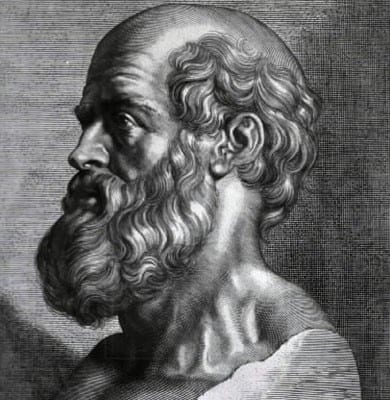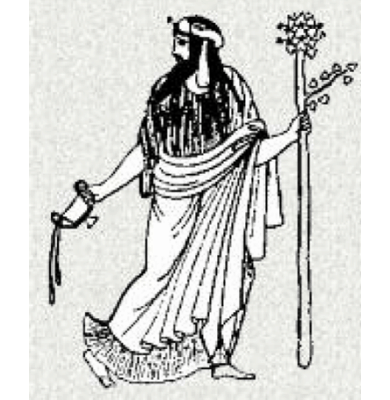Hippocrates, the “Father of Medicine” (460 to about 375 BC), helped to establish the tremendous popularity of ivy as a medicinal plant. He still knew nothing about its healing ingredients, however, he used it in many of his remedies as he believed in its healing power.
Other physicians who also held the healing power of ivy in high esteem included both Dioscorides (about 40 to 90 AD), military physician under Nero, and more than a thousand years later Hildegard von Bingen (1098 – 1179). Hildegard recommended ivy for external use only, however, with the explanation she gave for its efficacy reflecting a commonly held belief at the time – namely, that the disease was transferred from patient to plant.
Leonardo da Vinci (1452 – 1519) was also aware of the healing action of ivy: according to his reports, wild boars cured their diseases with ivy. In the 16th century, ivy attracted increasing attention as a drug for the treatment of inflammatory bronchial conditions. But it was not until the 19th century that ivy made its breakthrough from simple folk remedy to a natural cough medication which could be taken seriously.




